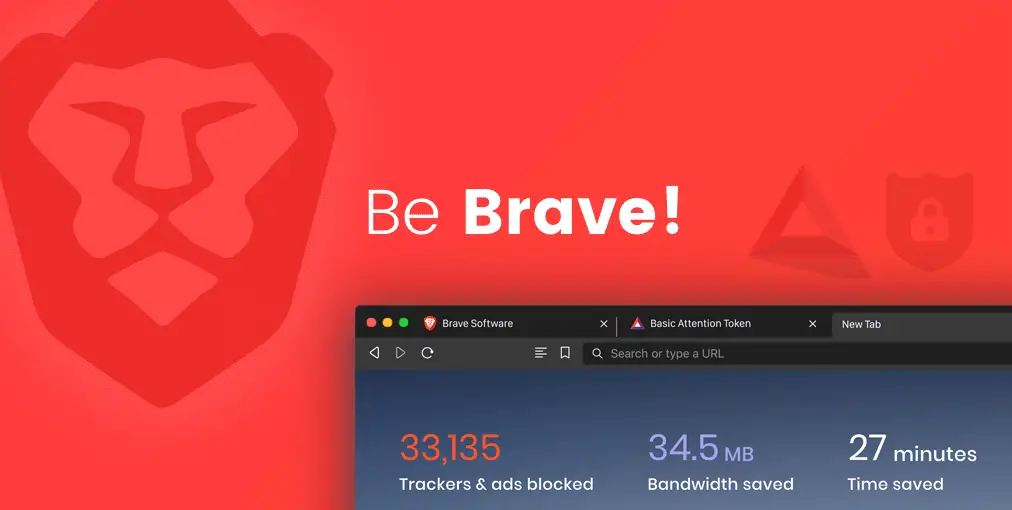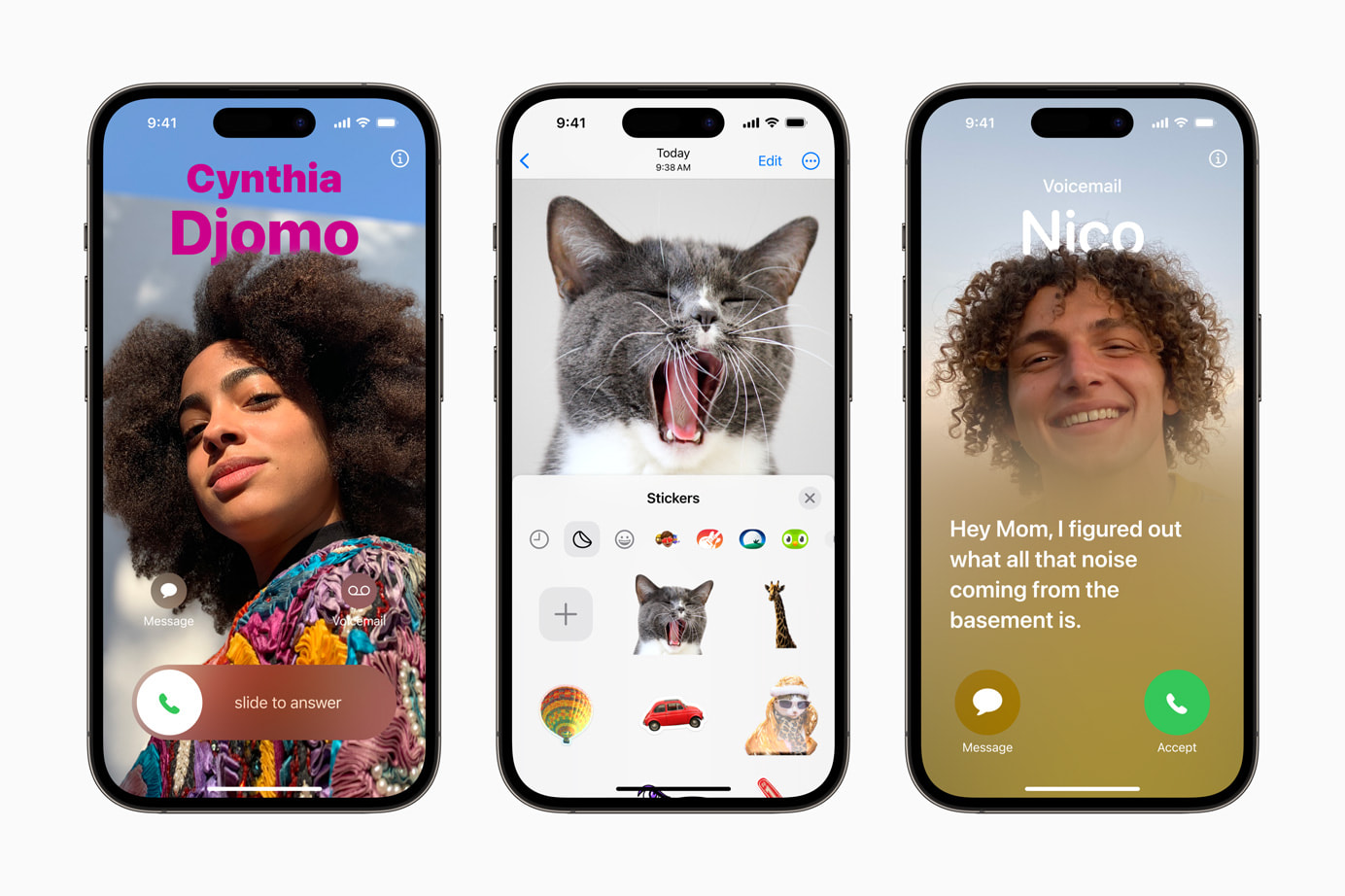
The recent update to iOS 17.4 in the European Union (EU) has brought significant changes for iPhone users, particularly when it comes to web browsing. In compliance with the Digital Markets Act (DMA), Apple is now required to offer users a choice of default web browsers beyond just Safari. This has resulted in a surge in downloads for privacy-focused browsers like Brave, according to the company itself.
Pre-DMA Stagnation vs. Post-DMA Growth
Prior to the iOS 17.4 update, Brave’s daily installs on iPhones in the EU hovered around a steady range of 7,500 to 10,000. However, following the update and the introduction of the default browser selection screen, downloads spiked to over 11,000. This significant rise suggests that a considerable number of iPhone users in the EU are opting for alternatives to Safari when presented with a clear choice.
Transparency and Privacy Fueling the Shift
Brave positions itself as a privacy-focused browser that blocks ads and trackers by default. This resonates with users who are increasingly concerned about online data collection and targeted advertising. The ability to choose a browser that aligns with their privacy preferences seems to be a major factor driving the surge in Brave downloads.
A Shot Across the Bow for Google?
In a social media post, Brave took a subtle jab at Google, pointing out that the search giant hasn’t implemented a similar browser choice screen on Android. This suggests that Brave sees the DMA as a potential turning point for user control over their browsing experience, and they’re hoping to capitalize on this shift in the mobile browser landscape.
The Future of Mobile Browsing
The impact of the DMA on mobile browser usage in the EU remains to be seen. However, Brave’s success following the iOS update suggests that users are eager for more control and privacy when it comes to web browsing on their mobile devices. This could lead to a more competitive mobile browser market, with users having greater power to choose the browser that best suits their needs.
